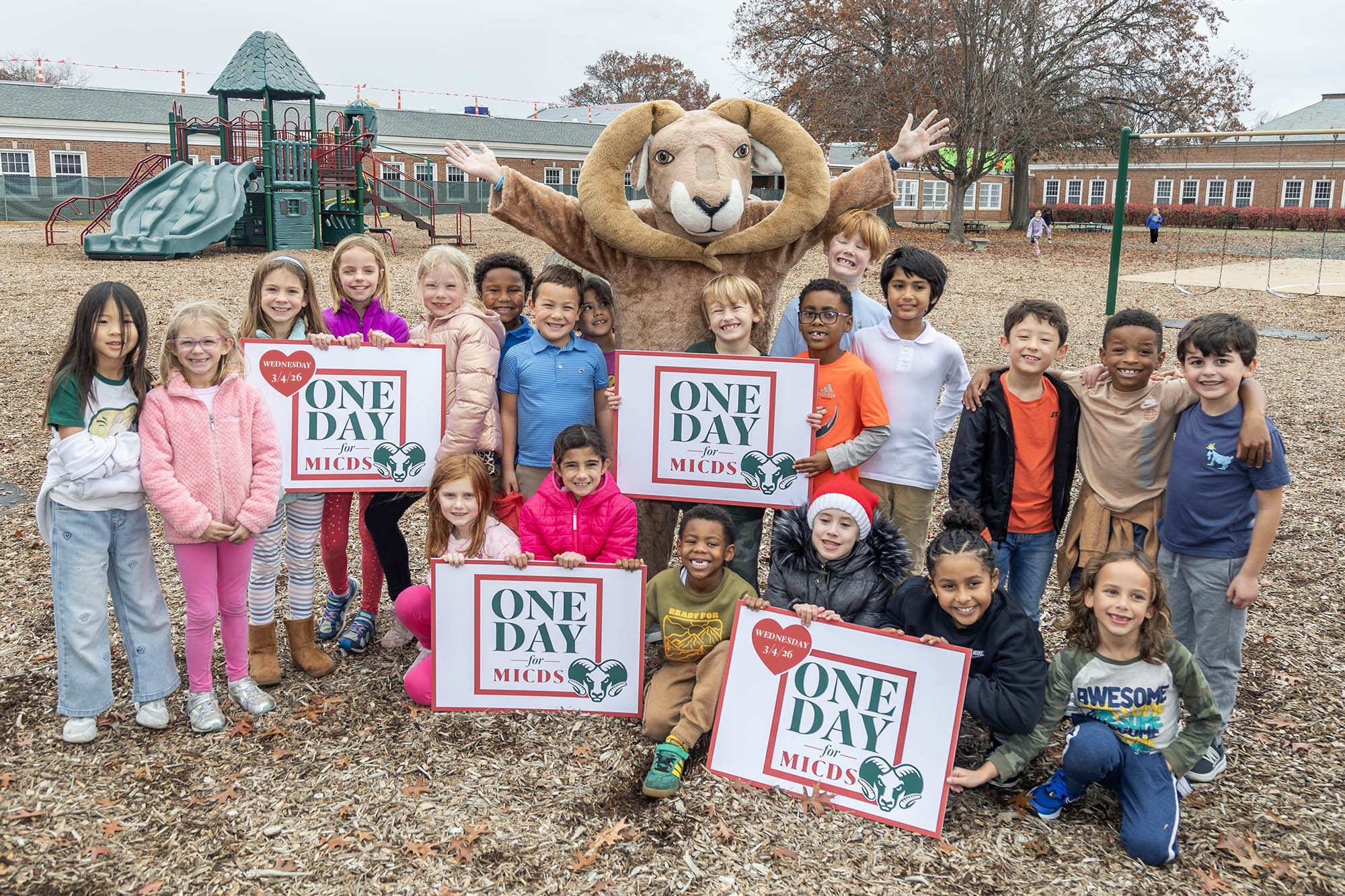The following letter is adapted from remarks delivered to the Class of 2025 at their Commencement ceremony on Sunday, May 18.
Class of 2025, with the conclusion of your senior year today, a new year commences; and so it might interest you to know, as serendipity would have it, that the average date of birth for all 150 of you was itself a New Year’s Day—January 1, 2007—which also happens to have been the actual day that Trevor was born. Well done, Trevor. Among the most popular songs of that new year was Waiting On the World to Change by John Mayer, which includes lyrics like these:
Now we see everything that’s going wrong
With the world and those who lead it.
We just feel like we don’t have the means
To rise above and beat it,
So we keep waiting,
Waiting on the world to change.
Now, it may be wishful thinking on my part, but I like to believe that Mr. Mayer was being ironic, or provocative—that he was not justifying youthful disengagement so much as goading his listeners to reject it. At a minimum, the song’s apparent naïveté begs a rhetorical question birthed and popularized during your lifetime: “Waiting on the world to change. How’s that working out for you?”
The foundational claim of the book Sapiens by Yuval Noah Harari, also birthed and popularized during your lifetime, is that human beings thrive on our ability to “cooperate with countless numbers of strangers.” I don’t recall in its pages any praise of the merits of passive detachment, of doing nothing and “waiting on the world to change.”
A kindred work set for publication later this year, Peak Human by Johan Norberg, cites cooperation with countless strangers as indispensable to the “golden ages” of history: ancient Athens, Augustan Rome, the Abbasid caliphate, the Song dynasty, and others including our present modern era, which Norberg calls the most golden of ages. “Of all the progress of the past 10,000 years in raising human living standards,” his book reminds us, “half has occurred since 1990.”
We risk the interruption of that progress when we retreat—as we sapiens in this moment of our history seem so determined to do—into our nations, our tribal politics, our self-absorbed “identities,” our isolating technologies, and our alienated lives. A recent issue of The Atlantic suggests that “self-imposed solitude might just be the most important social fact of the 21st century.” Norberg suspects this, too, and argues—knowing full well how golden ages end—that such a collective human failure “is not a fate but a choice.” It’s high time we chose to find our way back to each other.
“If you want a friend, you have to be a friend.” This is the advice that my wise and wonderful Aunt Mary Lawrence gave to her daughter, my cousin, some years ago when she needed to hear it. I remembered it recently when a friend shared with me the related wisdom of a Sanskrit poem—one of the subhashitas:
The rivers do not drink their own water,
The trees do not eat their own sweet fruits,
The clouds do not eat the crops,
And the riches of the good are for the benefit of others.
What other lives will the river of your life irrigate? What other lives will the sweet fruits of your life feed? In its most ancient conception, the word “respect” means “to see again,” to look harder, to peer deeper, perhaps to thank, perhaps to forgive. Its opposite is “revile,” to hate anew, to debase, never to thank, never to forgive. To respect is to climb out of ourselves; to revile is to dig in. But the rivers do not drink their own water. If you want a friend, you have to be a friend.
In Sapiens, Harari credits our talent for fiction as humanity’s signature genius—these fancies about the wisdom of rivers, trees, and clouds, for instance, or the invention of money, law, religion, human rights, the infield fly rule, the limited liability corporation, the Gulf of Mexico, the Gulf of America. “Large numbers of strangers,” he writes, “can cooperate successfully by believing in common myths”—but “successfully” does not necessarily mean “happily.” Yes, successful cooperation can create peace, prosperity, and the life of a golden age. It can also create war, devastation, and the death of one.
The life of our modern golden age is at an inflection point. So, too, is each of your young lives within it on this New Year’s Day. What fiction about the world will you choose to believe? We are proud of you today—look how proud we are of you today—but we cannot choose this for you. Your life now and hereafter will propel you through intersections with the lives of countless strangers. Will you imagine them as enemies or friends? Will you revile or respect them, diminish or dignify, dig in or dig out? Which fiction will be yours: that you are waiting on the world to change, or that the world is waiting on you? Choose.
Always reason, always compassion, always courage. Congratulations to the Class of 2025.
Jay Rainey
Head of School
This week’s addition to the “Refrains for Rams” playlist: Waiting On the World to Change by John Mayer (Apple Music / Spotify)

